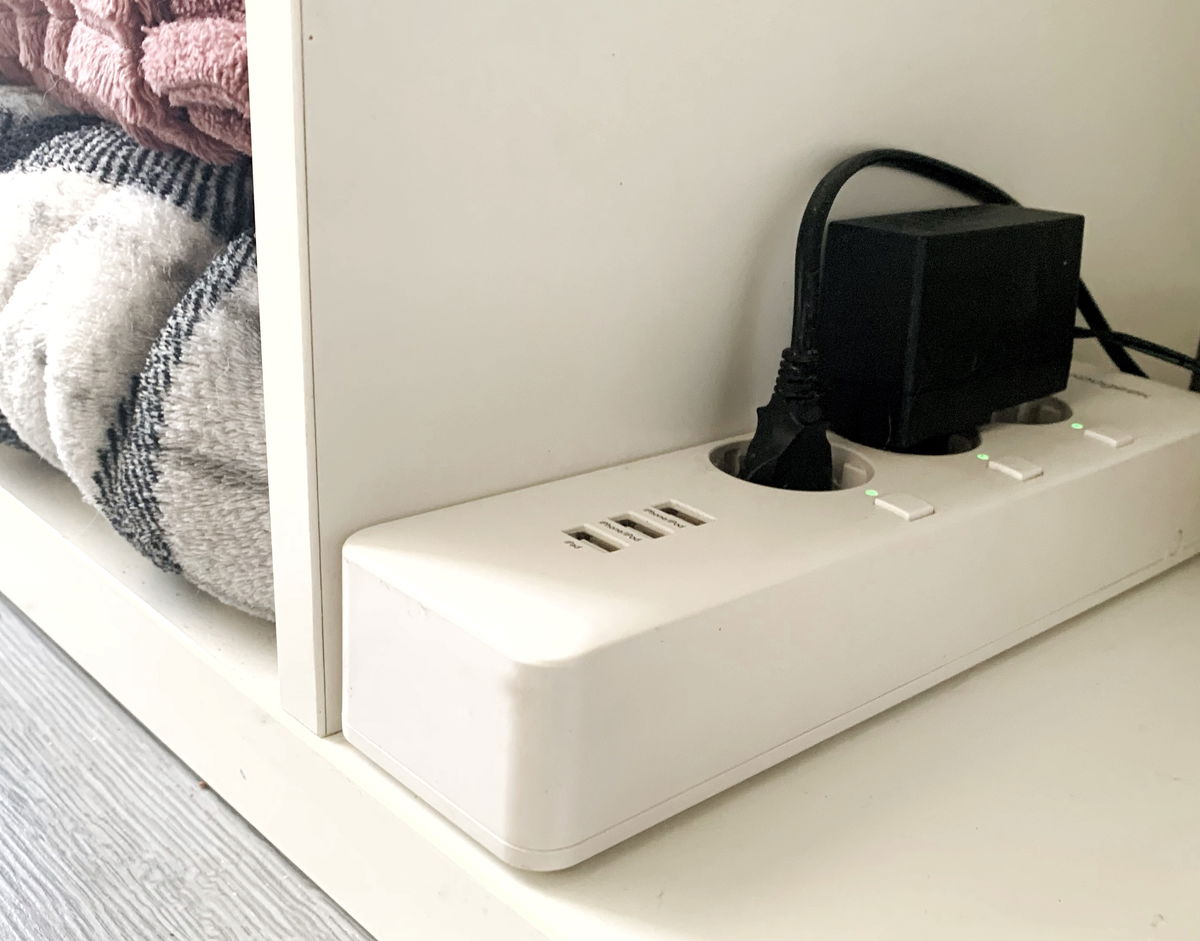By integrating engineered “electronic soil” into the structure in which the seedlings were grown, the researchers found that sending electrical signals to the soil caused the plants to grow 50 percent faster, on average.
E-soil consists of organic matter mixed with a conductive polymer called PEDOT. Eleni Stavrinidou, who led the study, told Engadget that soil conductivity is necessary to stimulate plant roots. In this particular study, researchers examined the effect of signaling barley seedlings for 15 days before harvesting them for analysis. Applying just 0.5 V to “electronic ground” stimulates the roots, Stavrinidou explained. This led to a record increase in the biomass of electrically stimulated plants compared to those that were not stimulated.
The effect of stimulation on barley seedlings was described as both “permanent” and “transient”. Nitrogen, one of the main nutrients involved in plant growth, is processed more efficiently thanks to the stimulation, Stavrinidou said.
But in addition to increasing yields, applying “e-soil” to hydroponic farms can make them more energy efficient. Although traditional hydroponic farms use less water, they require more energy to operate. “eSoil consumes very little energy in the microwatt range,” says Stavrinidou.
Before applying this technology to large-scale agriculture and other types of crops, more research is needed to find out how electrical stimulation can affect the entire growth cycle of a plant throughout its entire life cycle, not just in the early stages of seedling maturation. .
Source: Ferra
I am a professional journalist and content creator with extensive experience writing for news websites. I currently work as an author at Gadget Onus, where I specialize in covering hot news topics. My written pieces have been published on some of the biggest media outlets around the world, including The Guardian and BBC News.










